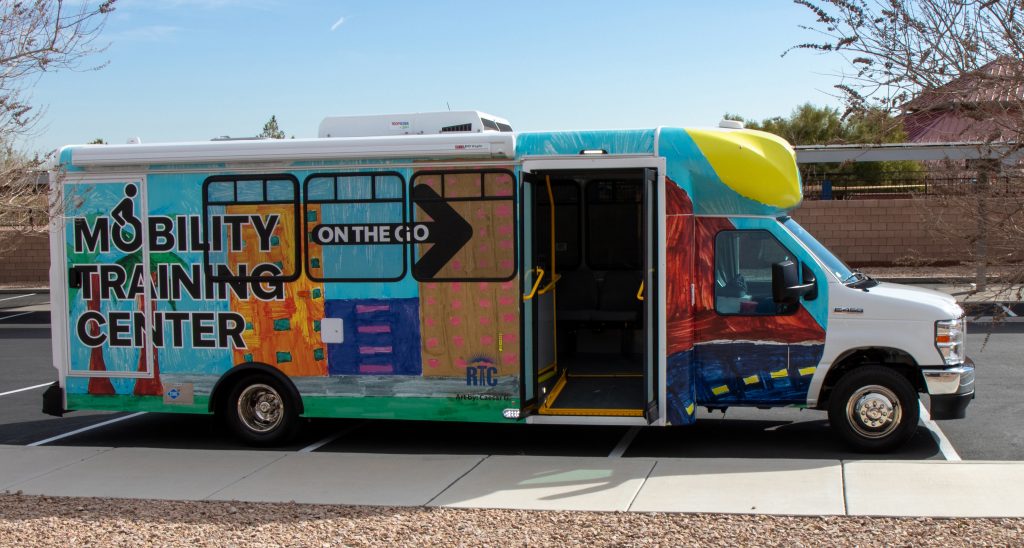Innovation and Collaboration Necessary for Transit Agencies to Surmount Challenges
By MJ Maynard | 4/28/2024

BY MJ MAYNARD
CEO
Regional Transportation Commission of Southern Nevada
Vice Chair
APTA
As APTA vice chair, I have the opportunity to engage with transportation leaders throughout the country, and through these interactions, one thing has become clear: mobility is a challenging business and getting more complicated every day.
It is a unique time for public transit agencies as the industry recovers from the pandemic and shrinking ridership while also facing numerous other hurdles in our collective mission of providing safe, efficient, and accessible mobility options. These challenges range from funding, inflation, and supply chain delays, to rising labor costs and safety and security concerns—impacting not only our transit passengers but our entire community.
At the Regional Transportation Commission of Southern Nevada (RTC), we know that our customers are becoming more diverse with growing needs and wants based on community engagement. Just last year, we provided more than 50 million transit trips and 1.4 million paratransit trips, taking people to work, shopping centers, medical appointments, school, and more. Public transportation plays a critical role in keeping our community connected and moving.
Like many agencies, one of our top priorities is identifying a long-term sustainable funding solution. While federal stimulus funding helped delay our fiscal cliff, the reality is that our community has not invested in transit for more than 20 years. As a result, we have not been able to provide the comprehensive transportation ecosystem our community deserves.
The question we ponder every day is how do we best serve a diverse and ever-changing customer base while facing financial challenges on the horizon? We have done this by aggressively engaging in federal grant opportunities and identifying innovative programs and opportunities that will enhance customer service, create operational efficiency, and generate cost savings.
One example is the recent launch of our account-based ticketing system to collect fares, offering customers the option to pay with a credit or debit card, smartphone wallet, or smart watch. Passengers do not need to download an app to pay, which removes a barrier for new customers and helps reduce boarding time at stops. This new feature is possible due to the FTA COVID-19 Research Demonstration grant we received to procure and install new Europay, MasterCard, and Visa-certified electronic validators on our buses.

To help our most vulnerable populations, thanks to an FTA Mobility for All grant, we now offer mobility training in the community with a retrofitted RTC bus specially adapted for seniors, veterans, and persons with disabilities. The Mobility Training Center on the Go and our team of specialists provide the knowledge, skills, and confidence to take transit independently, which also generates cost savings for our agency. We have 18 trainings, with an average of 12 individuals each scheduled through the beginning of June and hope to continue building upon this momentum.
As public transit agencies continue to provide a much-needed service while struggling with current challenges, we can help each other by thinking innovatively, sharing best practices and lessons learned, and collaborating for the collective good of the public. We are fortunate that APTA provides a year-round forum to make this transformative collaboration possible.